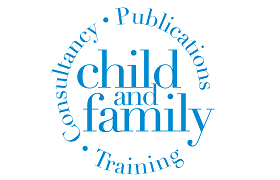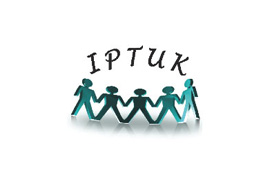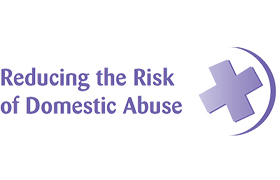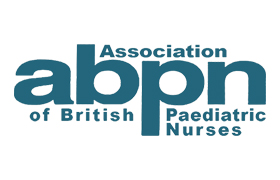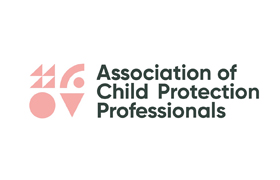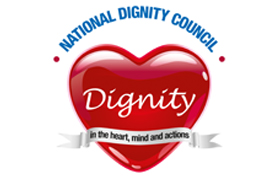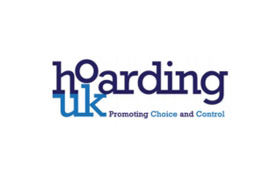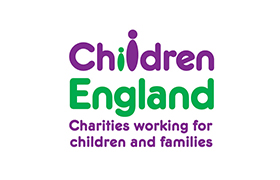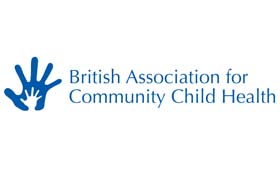NEW: We are pleased to offer the option to attend this masterclass as a virtual online course; find out more about our Virtual Training.
The Home Office classifies Domestic Violence and Abuse (DVA) as "Any incident or pattern of incidents of controlling, coercive or threatening behaviour, violence and abuse between those aged 16 or over, who are or have been intimate partners or family members regardless of gender and sexuality.” The Children Act (Section 31, Children Act 1989, amended 2002) states that “children who witness domestic violence suffer emotional and psychological maltreatment”. It is estimated 1 in 7 UK children will be exposed to DVA.
This CPD certified masterclass will consider the role of toxic stress and trauma in the pathway to interpersonal violence between parents, and the climate of violence which harms the mental health and development of children and young people. A trauma-informed model of identification, risk assessment, protection and modular intervention will be outlined to reduce the harmful effects of Domestic Violence and Abuse.
Current research will be reviewed demonstrating the extensive role of toxic stress and traumatic responses shaping the responses of abused parents – mothers, and abusive partners, and inter-generationally their children resulting in a climate of violence harming health and development.
The masterclass will also cover the Trauma-Informed Care (TIC) approach - a program, organization, or system that realises the widespread impact of trauma and understands potential paths for recovery; and responds by fully integrating knowledge about trauma into policies, procedures, and practices.
Key Learning Objectives:
- Increase your knowledge on the current definitions of DVA and appreciate the range of controlling and coercive behaviours -psychological, physical, sexual and financial
- Understand the contexts that are associated with higher rates of DVA – e.g. culture, immigration status, disability, social exclusion, honour killing
- Appreciate the way high levels of Adverse Childhood Experiences can be associated with later mental ill health, problematic alcohol and drug use, interpersonal or self-directed violence, which are characteristic of abusive partners
- Learn from the longitudinal research on history of sexual and physical abuse in mothers, demonstrating increasing risk of Interpersonal Violence in relationships, a climate of family violence, harsh parenting and the pathway to the harmful effects on children’s mental health and developments at differing stages of development
- Familiarise yourself with the principles of Trauma Informed Care as applied to DVA and the reduction of harmful effects of DVA, a seven-stage approach to working with children and families, including facilitating disclosure of DVA
- Learn how to undertake an initial assessment of the risk of harm utilising the Domestic Abuse, Stalking and Harassment,and Honour Based Violence (DASH) Risk Checklist tool. Identifying risk factors, who is at risk, what level of intervention is required, and safety planning
- Learn how to develop goals for working with children and parents, utilising the Hope for Children and Families Intervention




